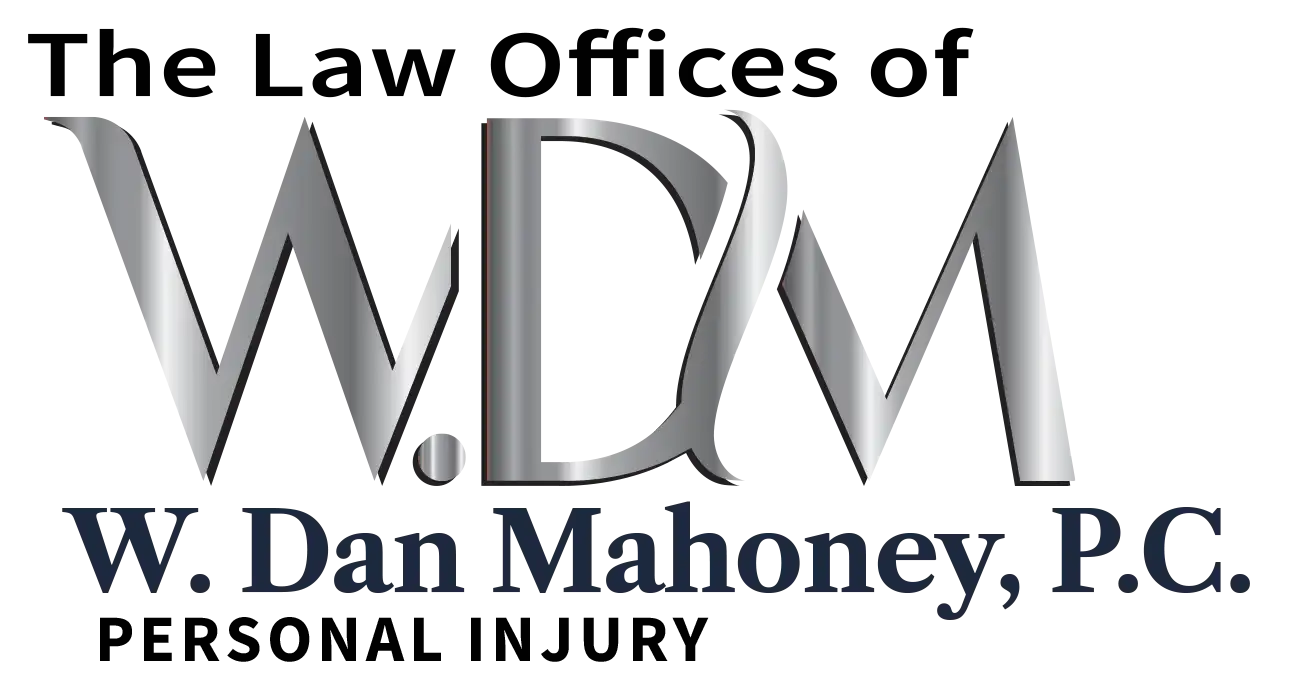When a person is injured while working, they are entitled to compensation for their damages. In Colorado, an employee can get compensated through worker’s compensation or filing a third-party liability claim. But just how do the two claims relate? How can you benefit from a third-party claim? Join us to explore the role of third-party liability in Colorado’s compensation cases. We will also discuss the distinctions and how to benefit from it.

Basics of Workers’ Compensation Claims in Colorado
Worker’s compensation is designed to provide financial and medical benefits to employees who suffer work-related injuries or illnesses. It typically covers medical expenses, lost wages, and rehabilitation costs — offering a safety net for workers in the event of an unfortunate incident on the job. Claims in Colorado are generally straightforward. When an employee is injured on the job, they can file a claim with their employer’s insurance carrier. The insurance carrier then assesses the claim and provides compensation accordingly. However, this process does not always cover every aspect of an injury, especially when third parties are involved.
Understanding Third-Party Liability
Third-party liability comes into play when someone other than the employer or the injured worker is responsible for the injury. In the context of workers’ compensation, a third party could be a manufacturer of defective equipment, a negligent driver in a work-related accident, or any other entity not directly connected to the employer-employee relationship.
Distinguishing Between Third-Party Claims and Workers’ Compensation Claims
It is crucial to understand the distinctions between pursuing a third-party injury claim and filing a workers’ compensation claim. The key differentiating factors are;
- Eligibility: While anyone can initiate a third-party injury claim if their injuries result from a non-employer’s recklessness, workers’ compensation in Colorado has specific eligibility criteria. Employers with at least one regular employee are mandated to carry workers’ compensation coverage.
- Burden of proof: Establishing another party’s negligent or intentional contribution to your injuries is essential. Success in a third-party claim hinges on presenting compelling evidence of the at-fault party’s liability. However, in Colorado workers’ compensation cases, eligibility allows employees to apply for benefits irrespective of fault.
- Types of compensation: A significant disparity lies in the scope of compensation available. Third-party injury claims enable claimants to seek compensation for a wide range of losses. On the other hand, workers’ compensation in Colorado addresses a narrower set of losses.
- Compensation amounts: In addition to differing compensation types, the potential monetary recovery in third-party injury claims significantly varies from that in workers’ compensation claims. The value of workers’ compensation benefits in Colorado is constrained by state law and the claimant’s average weekly earnings. In contrast, third-party injury lawsuits are only limited by the financial capacity of the at-fault party.
When Can Third-Party Liability Be Applied?
So, in which situations can you file a third-party liability claim? Here are some scenarios where employees are eligible for third-party liability claims.
Defective Products
In cases where an employee is injured due to a defective product (like malfunctioning machinery or faulty safety equipment), the manufacturer or distributor of the defective product may be held liable.
Vehicle Accidents
Work-related accidents involving vehicles often open the door to third-party liability. If the accident is caused by another driver’s negligence, the injured worker can pursue a claim against the at-fault driver.
Premises Liability
If a workplace is not owned by the employer, injuries resulting from dangerous conditions on the premises may lead to a premises liability claim against the property owner.
Advantages of Pursuing Third-Party Claims
While workers’ compensation provides essential benefits, pursuing a third-party claim can offer additional advantages to the injured worker. These may include:
- Higher compensation: Third-party claims can lead to higher compensation than what workers’ compensation alone provides. This is particularly true when there is clear evidence of another party’s negligence.
- Additional damages: Unlike workers’ compensation, third-party claims may allow the injured worker to seek damages for pain and suffering, emotional distress, and other non-economic losses.
- Freedom to choose legal representation: In third-party claims, the injured worker has the freedom to choose their legal representation. This enables you to work with our dedicated attorneys at The Law Offices of W. Dan Mahoney, P.C., who specialize in personal injury cases.
Get in Touch With Us for the Best Legal Representation
Have you or your loved one been injured while at work? Sustaining work-related injuries can be devastating. You may not be able to work for a while and lose your source of income. This is why you need to seek compensation. At The Law Offices of W. Dan Mahoney, P.C., we have a highly experienced team of Colorado worker compensation attorneys ready to help you. We will fight for your rights and ensure you get the compensation you deserve. Get in touch with us today.
